The First Semester Is Finally Done And I've Checked Out Of My Dorm! My Semester Finished Earlier Than
The First Semester is finally Done and I've checked out of my dorm! My semester finished earlier than others, and it was fun to just lounge around my room until it was the time to go home.
Today, I offer you pictures of Iska sleeping at our common area. Tomorrow? Who knows?


More Posts from Isang--mag-aaral and Others
180611
We received our report cards for the first semester today. Most of my grades remained the same from the midterms all through out finals. One subject decreased drastically, but there were few marks that increased. I'm happy with the results, but I know that I can do better than that. Second sem will definitely be better, I will make it better. Let's do our best! :--))

Rare study tips just in time for the new year Credit: Tips by @studybllog, poster by me

Study Techniques:
SQ3R Reading
The Pomodoro technique
Online Pomodoro timer
Feynman Technique
100 Things to do in your study break
Develop active learning strategies
Cramming (last minute option)
Study Methods, Tips, and Resources:
How to make flashcards (electronic and paper)
What to write on flashcards
Uses for flashcards
Creating and using mindmaps
Studying using textbooks
The benefits of textbooks
How to annotate
Tools for referencing
Tips for visual learners
How to read journal articles critically (by marielstudies)
Top 5 Study Tips to Achieve your Study Goals
How to pull an all nighter
How to pull an all nighter (2)
Studying vocabulary
Study guides
How to create a study guide (by studyspoinspo)
Using whiteboards
Assignment Calculator
Learning how to learn (by strive-for-da-best)
Get good grades (Youtube)
Memory:
Learn how to memorise and find the memory techniques that work best for you.
Here’s an interesting article about long term memory.
6 research tested ways to improve your memory.
Here’s an ask about how to memorise material.
An ask about forgetting material within a few hours.
Some memory tips (by astackoftextbooks)
Learn instead of memorising
Thinking and memorising
Time Management:
How to prioritise tasks
Apps for scheduling
Creating a revision timetable
A post about making a timetable (by grxeek).
How to keep your revision focused
An online study planner.
Motivation/Procrastination:
Reasons to study
Blocking apps/extensions for phones and computers.
Reasons to study now
10 tips for getting started on an academic task
How to deal with family distracting you from study
How to stop procrastinating (Youtube)
10 Tips for managing procrastination
Questions to ask yourself for motivation
How to improve your concentration
Quick concentration tips
Get Motivated (Wikihow)
Choosing the appropriate study environment
Short and sharp motivation
Stress Relief:
Stress relief techniques and ideas
The 10 Best Yoga Poses for Stress Relief
Relaxing Yoga Poses for Beginners
20 Easy Steps to Stress Relief
Relaxation Techniques
23 Science Backed Ways to Reduce Stress
25 Destressing Techniques
Deep Breathing Exercises
Three Guided Relaxation Videos
Vent Anonymously Online
A sleep calculator here which will calculate when you should go to sleep/wake up (depending on what you’re working out) based on sleep cycles. This will make sure that you wake up refreshed and ready to work.
Problems with sleep
Failure anxiety
Do nothing for 2 minutes
Calm (meditation site)
Health:
There’s also some information here about studying with mental illness from MIND.
There’s a really great post here about depression in university (by landofstories)
There’s a similar post here about studying with depression (by bloggerforstudentprogress)
Studying with ADHD
Studying maths with dyscalculia
Managing test anxiety
Self help: test anxiety
Emergency Compliment (for when you’re feeling down)
Studying with dyslexia
Revision and exams for people with dyslexia
Study skills for dyslexic students
How I coped with OCD at university
Study skills and OCD
Study skills and OCD PDF
Music:
Nature sounds in calmsound
Sounds of rain
Beethoven
Coffee shop sounds
More coffee shop sounds
Mix sounds (soundrown)
Sounds of the ocean
Whitenoise
Study mixes on 8tracks
Music to boost concentration
For the exam:
Exam preparation
Exam life hacks (by studyblob)
The best ways to prepare for exams
Exam tips
The day before an exam
Tips on Taking Multiple-Choice Tests
How to write a great essay (by englishlit-chic)
Psychology Essay Exams (gives an example and how to answer)
Looking after yourself after exams
Oral tests and exams
Writing and presenting a good speech
Links, Games, etc.:
Live panda camera (for destressing; you wouldn’t believe the amount of time I spend watching this camera).
Live animals
Try to find the ten gnomes
Origami
Create your own nebula
Easy magic tricks
DIY Home Spa (BY @recoverykitty)
Brownie in a cup
Cookie in a cup
Hello! I'm sorry if this has been asked before, but how do you become proficient at handling conversations in Japanese/handling grammar very well? I read your post on the JLPT, and it addressed issues I have been tip toe-ing around--indeed, passive actions such as listening or reading are easier than the active ones. How did you go about that? Did you write a bunch of sentences daily? Did you have a conversation partner? What would you rec. to someone who lives outside Japan? Thank you!
This is an excellent question, and one that I get asked a lot irl by Japanese people in particular. Let’s talk about gaining fluency and the ways we can go about it!
How to Gain Fluency in Japanese (and Other Languages)

Speaking Fluency versus Accuracy
Language proficiency is divided into two separate categories:
Fluency: Although there are no widely agreed-upon definitions or measures of language fluency, someone is typically said to be fluent if their use of the language appears fluid, or natural, coherent, and easy as opposed to slow, halting use. In other words, fluency is often described as the ability to produce language on demand and be understood.
Accuracy: Correctness of language use, especially grammatical correctness and word choice.
By the above definitions, a “fluent” speaker may make grammatical mistakes, but they can speak without having to stop and think too much about conjugations, word choice, etc.
An “accurate” speaker can speak with nearly zero grammatical/word choice mistakes. However, the speed of their utterances isn’t generally taken into account, so it could take an “accurate” person twice as long to articulate the same idea as a “fluent” person.
Ideally, you need to strike a good balance between these two qualities when speaking. I have a boss, God bless him, who is 100% fluency and 0% accuracy and…man is it hard to understand what he’s saying sometimes, but he can generally get his point across just barely. I have another coworker who is 100% accuracy and takes about 3 minutes to form a sentence because he wants it to be perfect.

How to Increase Speaking/Writing Accuracy
First, let’s talk about the easiest thing to improve, which is accuracy. It’s also (in my opinion) the least fun thing to improve, because it means grammar books and vocabulary memorization.
You can only use a language accurately if you know what is correct and what is incorrect, and you can only learn that by studying grammar and vocabulary (or if you’re a native speaker and picked it up innately, you lucky bastard).
So here’s some things you can do to increase your accuracy:
For example, if you’re having a hard time using the passive, you need to review that part of your textbook and find some exercises to drill it into your head.
Say the correct thing aloud. Lots. Sometimes I just walk around my apartment and narrate everything I see/do like a crazy person, but that’s good practice.
Write example sentences using the grammar you’re struggling with and say them aloud too.
There’s a bunch of cool apps that connect you with native speakers that can help correct you too! I used to use HelloTalk, I think.
If you’re a creative soul, when I was studying for the JLPT, I took 1 grammar point and 5 vocabulary words from my JLPT study books and used them to write a 2-page short story about the adventures of ネギ, a stray black cat that smelled like green onions because she napped in an onion field. Then I had a Japanese friend check it over for me and mark mistakes. I hand-wrote them to improve my abysmal handwriting at the same time. It was really fun! I sometimes think about doing it again just for funsies.
When someone corrects you, don’t feel like your entire life is over and you’re a failure and you’ll never get it right haha. I’ve seen people fall into that hopeless mindset, and that’s just nonsense. It’s a good opportunity for learning and nothing more! Say the correct thing you’ve just been taught out loud, then write it down if you can. And, if possible, find a chance to use it in conversation asap.

How to Increase Speaking/Writing Fluency
Now this is the hard one. Especially for those learners who do not have native speakers nearby.
I’m going to be dead honest with you. I started formally studying Japanese at uni, and I had a Japanese roommate/best friend since year one. I had a 4.0 GPA in my Japanese classes (and only my Japanese classes lol) because I was and still am a MEGA NERD about it.
…But it wasn’t until I studied abroad in Japan my 4th year of uni that I gained fluency.
There are a lot of things that can hold us back from fluency. An interesting thing I’ve noted is that Foreign Language is perhaps the only subject in which a student’s personality can directly affect their progress. To gain fluency, you have to go forth and speak, but if you are naturally a shy person, that is going to hinder you. If you are the kind of person who takes mistakes/failures poorly, you will be less likely to take risks and try to say harder sentences. In contrast, you can get full marks in math regardless of the above personality traits.
I’m not saying that you have to be an outgoing explosion of a human being in order to gain fluency. But what I am saying is that you have to be willing to seek out conversations, and you have to be willing to take chances. Get out of your comfort zone. Use that new word you picked up the other day. Try to explain something that is difficult for you.
My problem was that, while I lived with a native speaker who would have happily taught me anything I asked, her English proficiency was much higher than my Japanese proficiency. And when I struggled to say something in Japanese, I’d fall back onto English. And when she told me something I didn’t understand in Japanese, she’d repeat it in English instead of Japanese, because that was easier for us both. The same thing happened when I was in Japanese class as well. I always had the assurance that I could fall back on English.
But when I elected to study abroad in Japan for 3 months, I knew that this was my big chance. So on the host family form in the “other requests” area, I wrote that I specifically wanted a host family that could not speak English. I was setting fire to my crutches, and I was scared but excited to see them burn.
By the end of my three months in Japan, I had gone from “Chotto matte kudasai” and needing a minute to form my reply, to “Okay, yeah I see that movie too and I liked the action scenes, but I didn’t care for the story little.” (I’ve underlined mistakes that I would have made in Japanese, to show you that I sacrificed some accuracy to obtain higher fluency.)
So, in short, the easiest and quickest way to increase your spoken fluency is to throw away all the crutches you can and use the language as much as possible. Every single day. Even if you’re just having an imaginary conversation with yourself! And like I said, there are a bunch of cool apps that connect you with Japanese people who want to learn English and you can do language exchanges with them. I had a lot of fun with those in the past.
As for increasing writing fluency…well. That’s a tough question with Japanese, because I can type Japanese at like 100 wpm, but my Japanese handwriting fluency is at a 10/100. I can read and type at the level of a native Japanese high school student, but I can only write the kanji that 7 year old can write. That’s no exaggeration.
The big reason for that dichotomy is that my work is paper-free. 100% of my work is done on screen, so about the only time I have to write out something is when I’m filling out a form, which includes my name (katakana), address, and maybe occupation.
If you want to increase your Japanese handwriting speed, just keep on writing. Write those little short stories about ネギ like I did, or find some writing prompts (I just started a side-blog with writing prompts yesterday btw) or keep a little diary. Make opportunities to write.

How to Have Nice Handwriting in Japanese
Okay, full disclaimer: I am the absolute LAST person qualified to talk about this, because I have awful handwriting in Japanese.
Unless you have prior experience with a different language that uses kanji, or you lack the keen eye of an artist, you will likely struggle to develop neat handwriting.
Personally, I really like using this app called Japanese Kanji Sensei. It’s on Android (not sure about iOS), and if you pay just a few bucks you can make your own kanji sets and stuff. Anyways, it will show you how to write the characters prettily. It gives you a good frame of reference for what nice, pencil/pen-written characters (versus calligraphy characters). It has hiragana and katakana on it too!

I get a stylus and write out the characters on this app for the muscle memory, so my hands remember the sensation of writing a certain character. (The muscle memory is different if you only use your fingertip.) This muscle memory and repetition is how Japanese people learn how to internalize kanji as well. I really enjoy and recommend this app. I’m sure that there are others out there like it too.
Summary
TL;DR: Review your textbooks, take risks, use every resource available or make your own, and just have fun with it! 💗



truly an old-book-enthusiast haven.
i remember going to this mall once, then having severe anxiety and guilt for not using that time on studying or requirements instead. thankfully, i saw this shop, and although it did not fully relieve me of my guilt— it made me feel like i would also regret it if i wasn’t with my family to see this.
give yourself a break sometimes! ✨

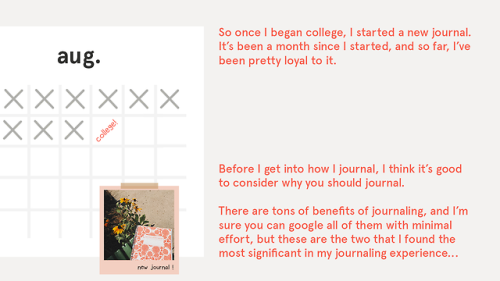

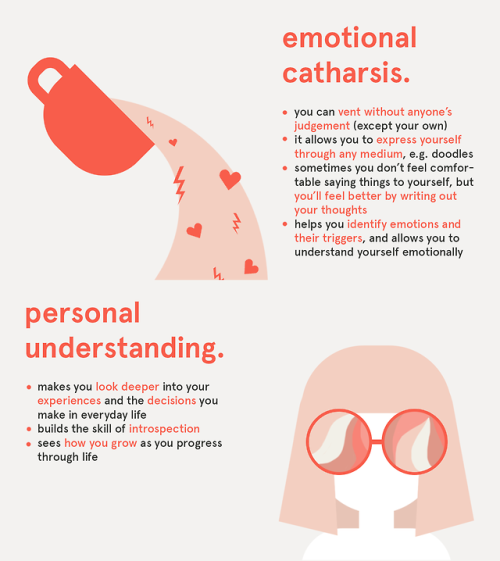
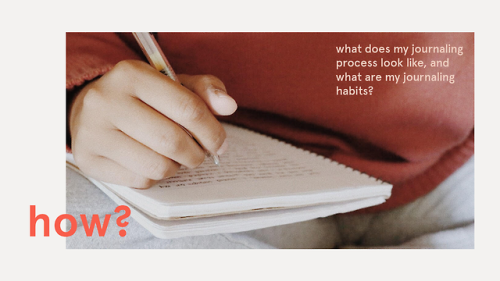
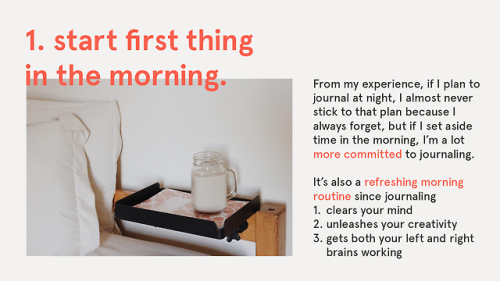
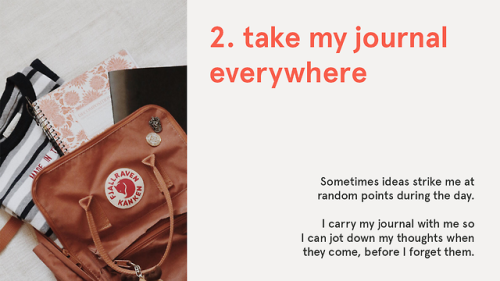

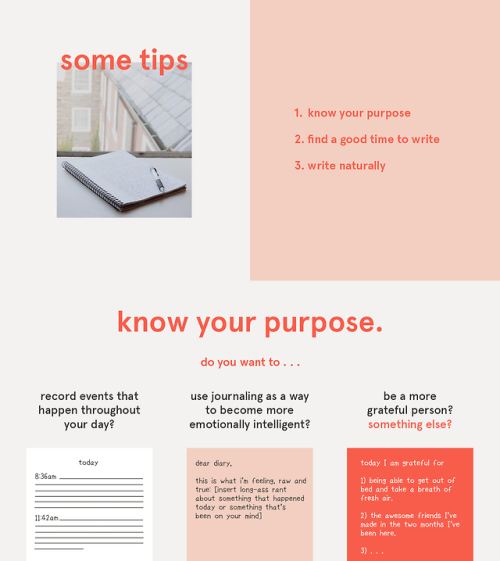
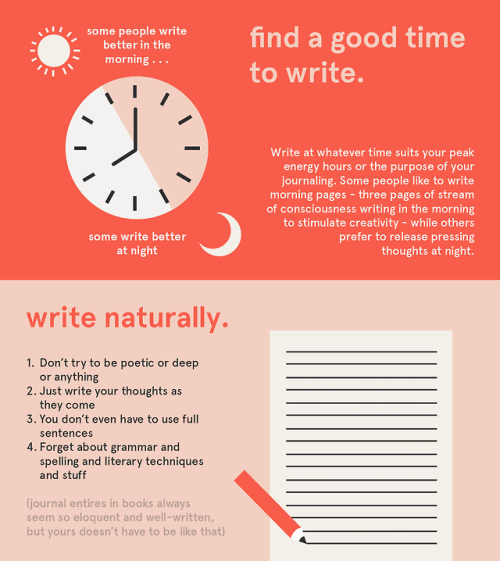
A Small Guide to Journaling by Eintsein
Something you may or may not know about be is that I journal. However, only recently have I gotten the hang of it and stayed loyal to the habit of journaling. Here are some tips and tricks on how you can journal successfully. Hope you like it :)
"Don't be afraid to reach out and make new friends with people that will show you the respect you deserve."
Here’s a little reminder that friends should not belittle your interests, whether personal or academic. Your answer to “what do you want to be?” should be enough. Your decision not to leave the house because you’re studying for the midterm should be enough. Your desire to pay attention in class should be enough. If you have friends that mock or disregard your desire to do well, they’re not friends worth having. Even if they don’t want to do well themselves, they should respect your desire to. Don’t be afraid to reach out and make new friends with people that will show you the respect you deserve.
Back to (Online) College
Since my classes begin tomorrow and it is mostly online I thought I'd share some simple study/self care tips that I will be sticking to.
Decide where you will work - even if it is at your kitchen table, having a designated work spot is so important for online classes and study. I understand that for some people this can be difficult, so you could break up your day instead of sitting down for a few hours straight.
Get enough sleep - Summer is over, it's time to settle back into a semi-normal sleeping pattern. Being tired can be a terribly difficult roadblock for concentration.
Get up early - by this I don't mean "get up at 6am every day". I mean don't stay in bed until five minutes before your class starts. Get up maybe an hour or so beforehand, which leads me to my next point-
Eat breakfast! - it will help you concentrate on your study. Plus, now you're at home you can snack throughout the day as well!
Hydrate! - It is SO important to drink water regularly. Try to keep a tall glass or a bottle nearby when you're working.
Wash and Dress - if you don't have the time or energy to shower, you can brush your teeth and wash your face. Trust me, it will makes a world of difference. It also might be tempting to throw a sweater on over your pyjamas for lectures, but you will feel a lot more alert and ready to work if you change out of the clothes you slept in. A change of underwear and even clean joggers and a shirt can freshen you up a lot.
Take your breaks! - even a 15 minute break for you to stretch your legs and grab some air will help so much!
Stay in touch with your friends and classmates - working alone can feel very daunting, so it might be a good idea to reach out to friends and organise a study session on a group call or video chat. You needn't be lonely just because you're alone.
Keep any medication you take close to where you work - I started doing this not long ago. It can be frustrating to have to break the flow of work to get up and take it, so it may be tempting to leave it until later. If you have it within arms reach you can take it without disruption. It also might help to set an alarm if it is time sensitive.
That's it! This is a pretty basic self care list for studying online but sometimes it's best to keep it simple. Good luck my loves and mind yourselves!

“Surrealist” Films & TV Alignment Chart
Dear scientists,
Please, for the love of God, please, make your papers more understandable.
Fuck you
Sincerely,
A college student on the verge of tears
-
 brightkatstore liked this · 5 years ago
brightkatstore liked this · 5 years ago -
 studylikeknope liked this · 5 years ago
studylikeknope liked this · 5 years ago -
 isang--mag-aaral reblogged this · 5 years ago
isang--mag-aaral reblogged this · 5 years ago
